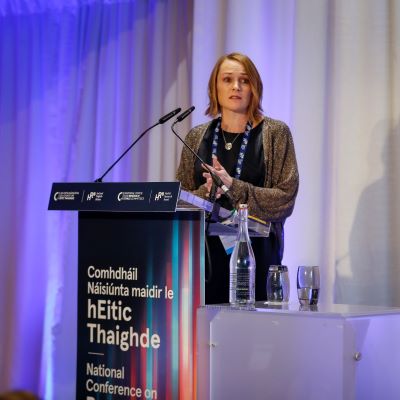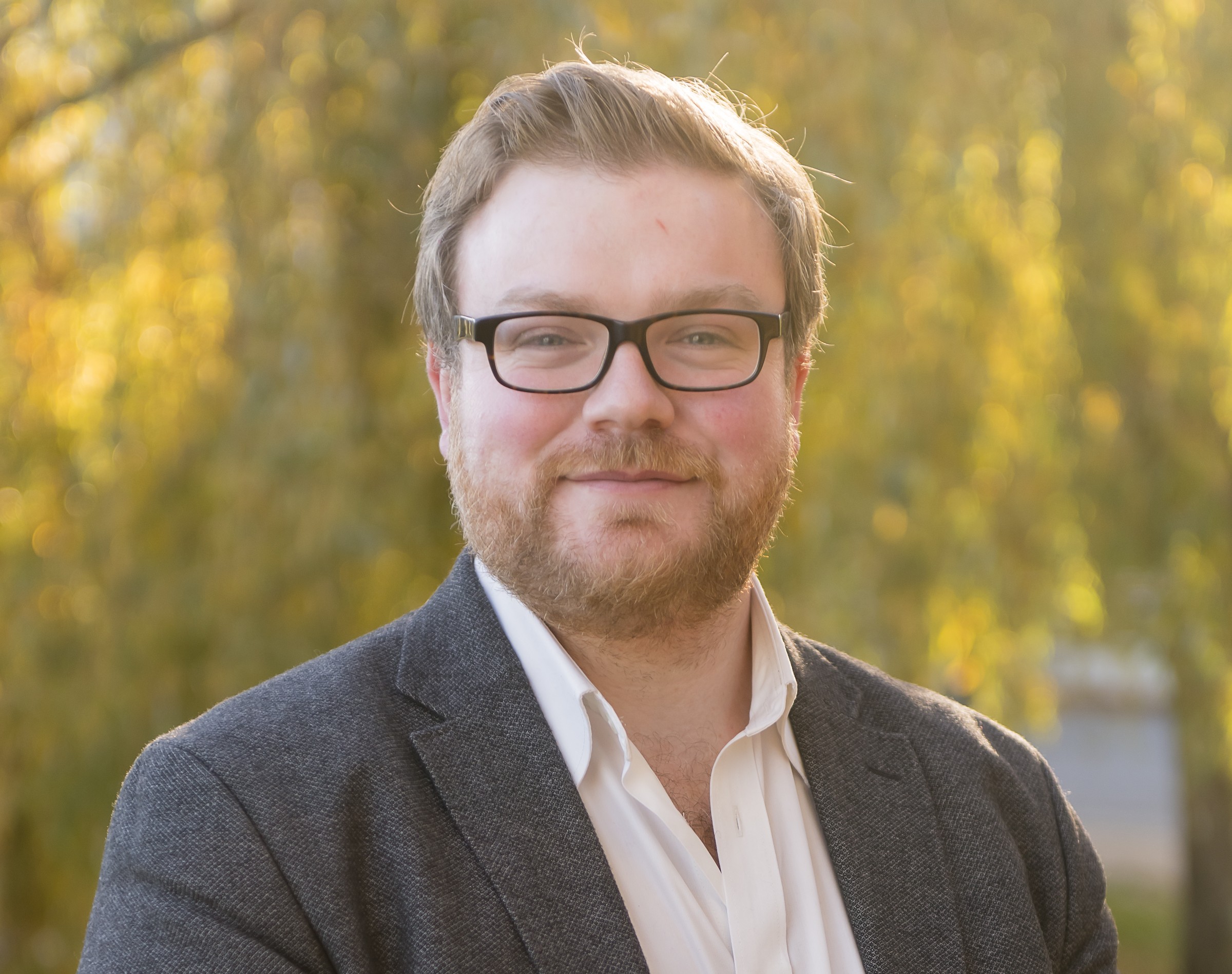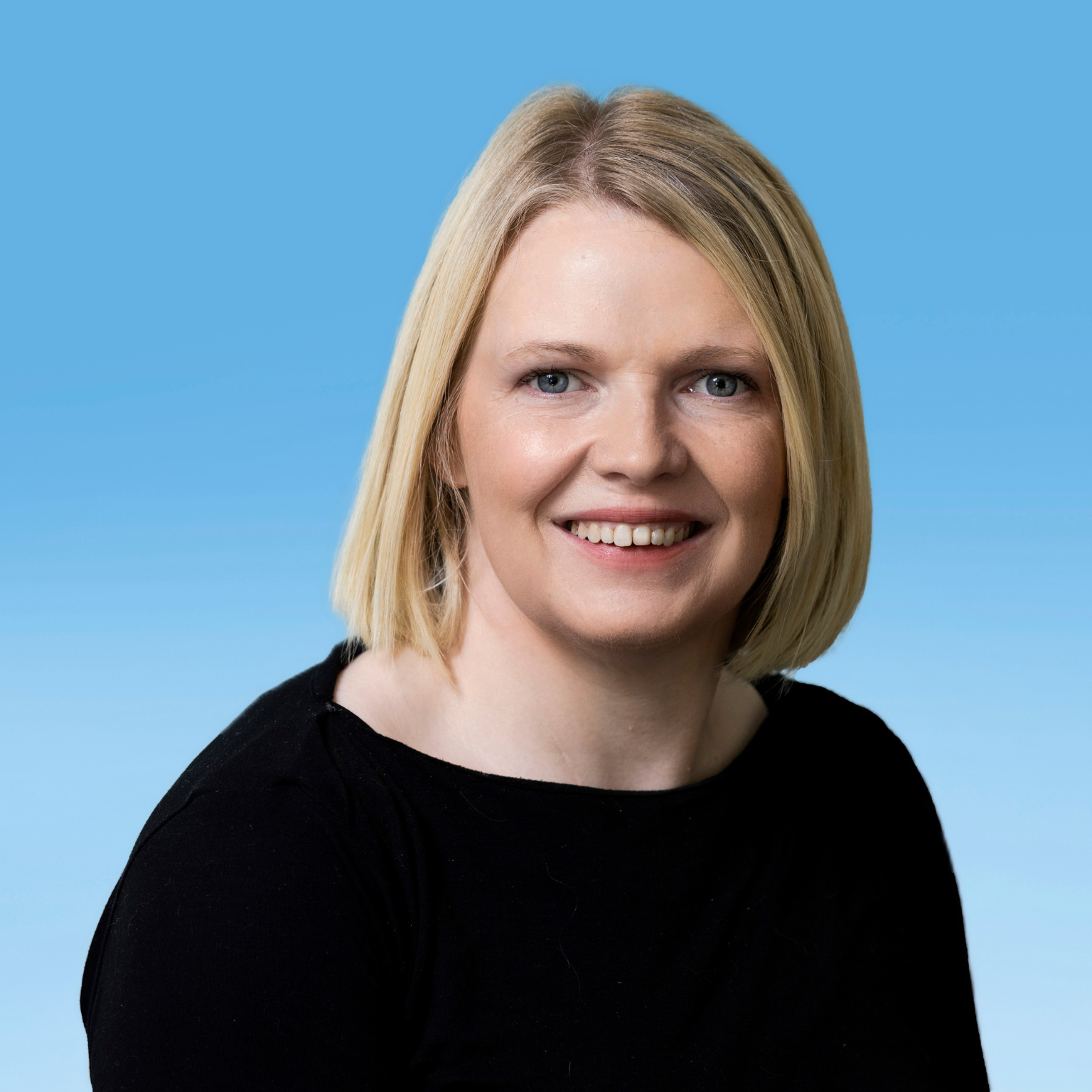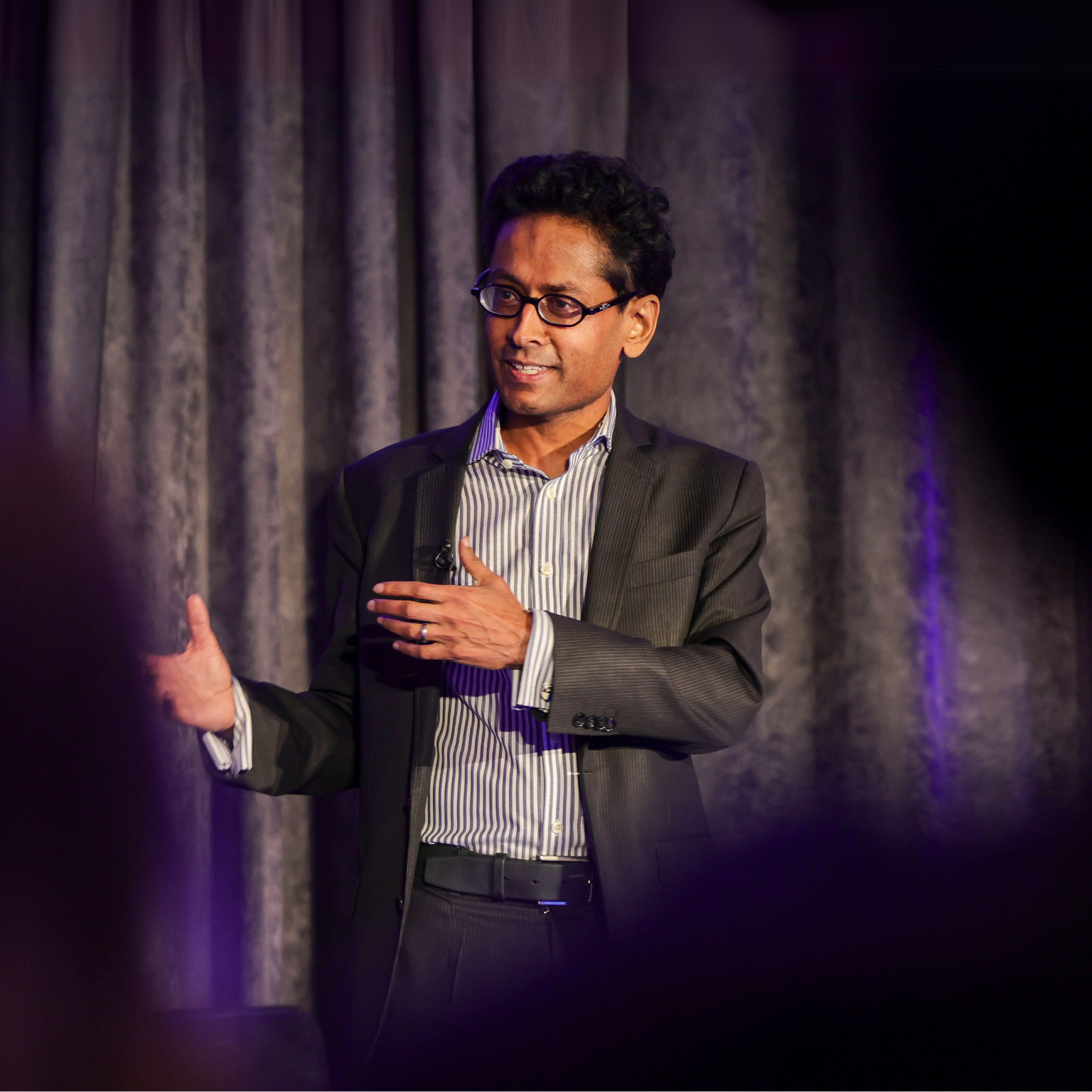Inclusion, innovation, trust – key takeaways from the National Conference on Research Ethics
The National Conference on Research Ethics took place on 30 November 2023, co-hosted by the Health Research Board and the National Office for Research Ethics Committees. In this blog, HRB Communications Officer Anna Dunne sums up the key takeaways from the discussions on the day.
10 min read - 20 Dec 2023

How can researchers judge the ‘right’ course of action where different value systems are in play? Do we subconsciously see some groups as more ‘deserving’ than others when it comes to inclusion in research? And as we move towards an increasingly digital and data-driven future, do we need to take a fresh look at fundamental ethical principles such as privacy, autonomy and self-determination?
These were just some of the questions explored at the National Conference on Research Ethics 2023, hosted jointly by the Health Research Board (HRB) and the National Office for Research Ethics Committees in Dublin on 30 November. Attracting over 300 registered participants, the event brought together a range of stakeholders such as health and social care researchers and practitioners, ethics committee members, patients and members of the public, to address some of the most burning ethical issues facing health research today.
The hows and whys of ethics governance
While ethics are an integral component of how research is carried out today, this was not always the case – as made clear during the first session of the day, chaired by Prof. Dirk Lanzerath (EUREC). Keynote speaker Prof. Deirdre Madden (UCC) took attendees on a journey through the evolution of research ethics from antiquity right up to the present day, shedding light on the dark episodes of human rights abuse in Nazi Germany or the racially segregated US that ultimately gave rise to modern international ethics conventions like the Declaration of Helsinki.
Ireland has also experienced darker days, from the use of dangerous drugs like thalidomide, to research without consent in mother and baby homes – as Prof. Andrew Green (UCD) set out in his presentation. The picture he painted of the present could not be more different, however: the largely voluntary work of a dedicated community has firmly embedded ethics within the health research system – recently strengthened by the establishment of the first National Research Ethics Committees (NRECs). Head of the National Office for Research Ethics Committees Dr Emily Vereker set out the mission of these NRECs in her opening address: “We are committed to ensuring that people remain at the heart of what we do – to support and enable research, grounded by robust standards of ethical practices.”
With research increasingly conducted across borders, the international dimension of ethics governance is more relevant than ever. Dr Peter Arlett (European Medicines Agency/EMA) explained how the EMA as a regulator sees ethics bodies as key partners in improving clinical research in the EU – working together towards the shared aim of better, faster and smarter clinical trials, through projects such as ACT-EU and CTR Collaborate. Expanding the view to the global stage, Laura Merson (International Severe Acute Respiratory and Emerging Infection Consortium) shared examples from a career that has taken her from researching blood disorders in Canada, to clinical trials on tropical diseases in Vietnam, to research on the ground during an Ebola epidemic in West Africa. From her experience, striving to implement ethical norms in evolving and unfamiliar contexts means “making the right decision is not a technical matter and is not resolvable by additional evidence – [rather] value judgments are needed about whose norms and which values take precedence.”
Making research more inclusive: the ethical – and practical – benefits
Laura Merson also observed a move over time from a “paternalistic” view of research participants as “defined by their vulnerability” to “a more egalitarian perspective” that views them as co-creators of research. This was a theme brought squarely into focus in the second session of the day, in which Chair Dr Avril Kennan (Health Research Charities Ireland) guided discussion on ethics of inclusion in research.
Keynote Dr David Shaw (University of Basel) got the audience thinking about who is excluded from research, why, and what the consequences can be. He set out the case for inclusion in simple terms: “If we don’t include the right people in research, the research won’t help them.” And he drew a line between exclusion and a demonstrable “efficacy-effectiveness gap”, where evidence generated in a trial may not translate into effectiveness in real-world clinical care – leading to a cascade of ethical implications for downstream research and practice. His advice to bridge this gap included deploying proactive tools (‘INCLUDE’ roadmap, Wellcome Framework to name but two), or making greater use of real-world data to supplement evidence from clinical trials.
Moving from theory to practice, three case studies zoomed in on how ethical challenges around inclusion are being addressed in real-world research. Prof. Fidelma Dunne (University of Galway) highlighted the benefits of including pregnant women in clinical trials – not only as it allows the women themselves to access new medicines, but because better evidence for treating pregnant women translates into healthier mothers, healthier families and a healthier society. She shared practical learnings from her experience leading trials on diabetes during pregnancy, where willingness to participate was shown to depend on the recruitment process, trial design (with trust in the clinicians and care team playing a central role), and the perceived benefits to the participants and the greater good.
The importance of including children in research was brought into sharp focus by entrepreneur and Patient, Public and Carer Involvement (PPI) representative Noreen Doyle. She faced the unimaginable when two of her children were diagnosed with the same rare type of childhood cancer, a number of years apart. When her son was offered a place on a paediatric trial for the condition, the family jumped at the chance. Little did they know then that the treatments being investigated in that trial would make such an impact in helping her daughter – and countless others – facing the same illness, not just in terms of a more rapid recovery, but a markedly better quality of life throughout the process.
Dr Cliona Ni Cheallaigh (TCD) shared her insights from a career spent working with some of the most marginalised groups in society, on research that has shown the devastating effects of social exclusion on health and mortality. She advised ditching the ‘Deserve-ometer’ – a metaphor for the (unconscious) bias that leads us to rank some groups as more deserving of inclusion in research than others. And she offered some practical advice for taking “the fear factor” out of bringing these people into the process: such as talking face to face, paying attention, thinking of practical considerations such as childcare, and to simply “Just ask them!” how they could be included in research. Ultimately, she underlined that to achieve equity, “we need to recognise that one size does not fit all”: so if adaptations are needed – allowing longer for the consent process or providing support for reading the patient leaflets, for example – “that’s fine, you build that in.”
Navigating the ethics of emerging technologies
Chaired by leading AI expert and Chair of NREC for Medical Devices Prof. Barry O’Sullivan, the final session of the day looked ahead to what the future might hold as emerging healthcare technologies pose new ethical questions. Keynote Prof. David Archard (Nuffield Council on Bioethics) began by sketching some major trends on the horizon – from a rethink of reproduction, to new frontiers in neural technologies, to how we will adapt to environmental degradation. He then posed ten questions we should be asking of research ethics in this context of rapid technological developments – starting with the deceptively simple ‘what is research ethics?’, and ending with a bang as he asked the audience to contemplate: “Would the extinction of humanity be a Bad Thing?”
Delving into how these knotty issues are being addressed in practice, Prof. Derek O’Keefe (University of Galway) presented the first of three case studies, sharing insights from his research on Artificial Intelligence (AI). Far from heralding the end of humanity, he pointed out that in its current form, AI is primarily a highly sophisticated method of statistical pattern matching. He explained how AI working in tandem with new medical devices is making a major difference to the lives of people with diabetes – and panellist Dr Kate Gajewska (Diabetes Ireland) later attested to this based on her personal experience of the transformative effect of technology on her own management of Type 1 diabetes. By monitoring vast volumes of data on food intake and blood sugar levels, AI can make decisions to provide reminders or warnings to patients that their blood sugar is going to drop. Yet there may also be unintended ethical consequences, if the day comes when that data is used to influence car accident liability, health insurance, or hyper targeted advertising.
Few areas of research have prompted as much ethical debate as genomics, and Prof. Sally-Ann Lynch (UCD) explained why with examples from her cutting-edge research in the field. By its nature, genetic testing throws up dilemmas not present in other diagnostics: from the question of what to do with opportunistic findings, when searching for the cause of one condition reveals a predisposition to another; to whether there is a duty to share findings with (extended) family members if genetic conditions are uncovered that could also impact them. She also gave a stark example of how seemingly well-meaning ‘innovations’ can have ethical implications for the broader healthcare system – in the form of home genetic testing kits. Although they are notoriously inaccurate, if the results signal a genetic predisposition to a certain condition, people will understandably seek specialist advice, taking these limited resources from those in genuine need.
Biobanking holds out the promise of tapping into big data to benefit health research – but it is also forcing a rethink of some of the fundamental ethical concepts around that data, as Dr Michaela Mayrhofer (BBMRI-ERIC) explained. What does it mean to get informed consent, now that we are used to ticking ‘accept’ on online Ts & Cs we could never hope to actually read or understand? In an age when ever more aspects of our lives are moving online, do we need to rethink the concept of privacy developed in the 19th century so that it’s fit for the technologies of the year 2100? And rather than focusing on worst-case scenarios, should we be focusing on realistic risks?
Regardless of what the future holds, Dr Mayrhofer concluded, one central value will remain absolutely essential to the practice of research ethics and the support of study participants and the public – trust: “Trust comes on foot and leaves on a rocket. Maintaining it is hard work and requires accountability, transparency, honesty and respect towards research participants and all actors involved at all times.” This was a sentiment echoed by HRB CEO Mairead O’Driscoll in her closing observations on the day’s discussions, as she underlined a key takeaway across speakers’ contributions: research is a vital social undertaking, but the role of trust is absolutely crucial – and embedding ethics across how research is designed and performed is a central part of securing that trust.
Videos of the day’s presentations and panel discussions are available to view on the HRB YouTube channel.
10 min read - 20 Dec 2023



